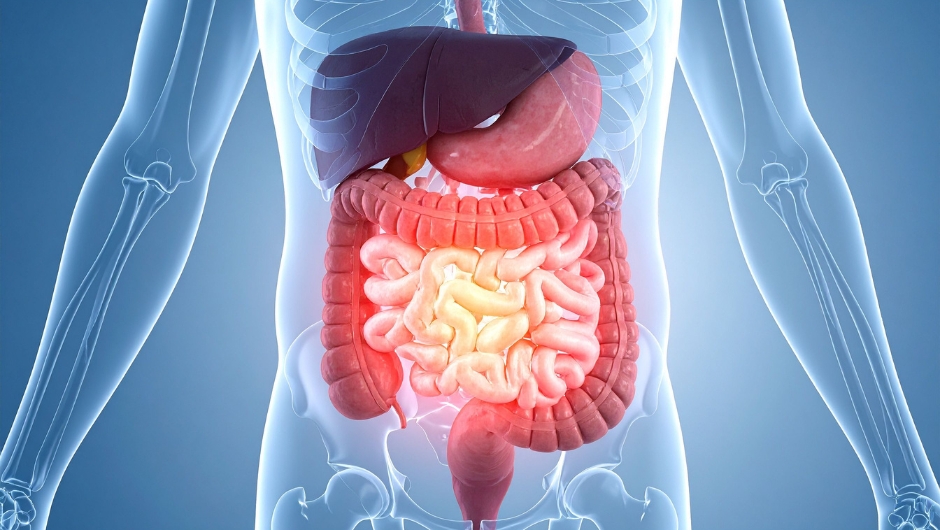11 Gut Health Facts You Were Never Supposed to Know

Your gut does far more than digest food—it influences your mood, immunity, skin health, and even how your body responds to stress. Understanding your gut can help you make better lifestyle choices and improve overall health. Here are 11 surprising gut health facts, backed by research.
1. Your Gut Produces Most of Your Serotonin
Contrary to popular belief, over 90% of serotonin, the neurotransmitter responsible for feelings of happiness and wellbeing, is produced in the gut—not the brain. An unhealthy gut can reduce serotonin levels, leading to mood swings, anxiety, or depression.
Research: Nature Reviews Neuroscience (2012) highlights the gut’s critical role in serotonin production and its effect on mental health.
2. You Host More Bacteria Than Human Cells
Your body contains over 39 trillion bacteria, outnumbering human cells. These microbes, collectively called the gut microbiome, help digest food, produce essential vitamins, regulate immunity, and even communicate with your brain.
Insight: A balanced gut microbiome is linked to better digestion, metabolism, and protection against harmful pathogens.
3. Your Gut Has Its Own Nervous System
The enteric nervous system (ENS) in your gut contains more than 100 million neurons, earning it the nickname “second brain.” It can operate independently of the brain and sends signals that influence mood, stress response, and digestion.
Research: Studies in Frontiers in Neuroscience (2018) demonstrate the gut-brain axis and its impact on emotional wellbeing.
4. Gut Health Affects Stress Levels
Your gut microbiome plays a role in regulating cortisol, the stress hormone. An imbalanced gut may increase anxiety and emotional reactivity, while a healthy gut supports a calmer, more resilient nervous system.
5. You Can Reset Your Gut in Just 3 Days
Dietary changes can rapidly improve gut health. Switching to a high-fiber, plant-based diet can shift gut bacteria composition in as little as 72 hours, promoting beneficial microbes and reducing harmful ones.
Research: Cell Host & Microbe (2014) showed that short-term diet changes significantly alter gut microbiota.
6. Your Gut is the Core of Your Immune System
Approximately 70–80% of your immune cells are located in the gut lining. This means an unhealthy gut directly weakens immunity, making you more vulnerable to infections and inflammatory diseases.
Tip: Supporting your gut with prebiotics, probiotics, and a balanced diet strengthens immune defense.
7. Waste Can Accumulate in Your Colon
Many people carry 5–20 pounds of waste in their colon due to irregular bowel movements. This trapped waste ferments, producing toxins that can lead to bloating, fatigue, brain fog, and chronic disease risk.
Advice: Regular hydration, high-fiber foods, and daily bowel movements help maintain colon health.
8. Gut Imbalances Can Affect Your Skin
If your gut is unable to expel toxins efficiently, your body may push them out through your skin. This can result in acne, rashes, and other skin problems. Healthy gut flora supports clear skin by reducing systemic inflammation and toxin buildup.
9. Antibiotics Can Harm Your Gut Long-Term
Even a single course of antibiotics can disrupt your gut microbiome for up to two years, killing beneficial bacteria and leaving room for harmful microbes to grow.
Research: Nature Microbiology (2016) found that antibiotics can cause long-term changes to gut bacterial populations, affecting digestion, immunity, and metabolism.
10. Fasting Helps Gut Regeneration
Fasting activates autophagy, the natural process of breaking down damaged cells and repairing intestinal lining. This improves gut function, reduces inflammation, and may protect against gut-related diseases.
Research: Cell Metabolism (2016) highlights fasting as a trigger for gut cell repair and regeneration.
11. Gut Health Influences Overall Wellbeing
From emotional balance to immunity, weight management, and skin health, your gut is central to overall health. Nurturing it with fiber-rich foods, probiotics, prebiotics, and mindful lifestyle choices can dramatically improve your quality of life.